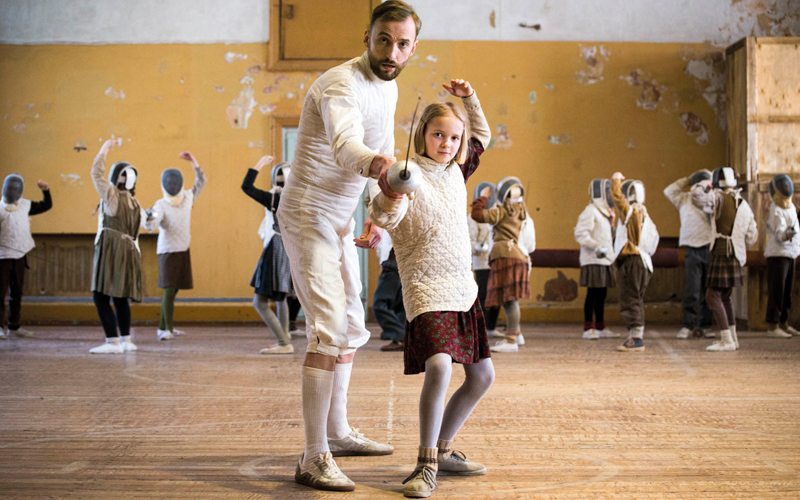
Capernaum – Chaos or Miracles
In production notes for the film, Labaki says the title comes from the French word ?capharna?m? which translates as ?chaos?. She also notes that it is the name of a biblical city, which was ?a place where miracles could happen.?

